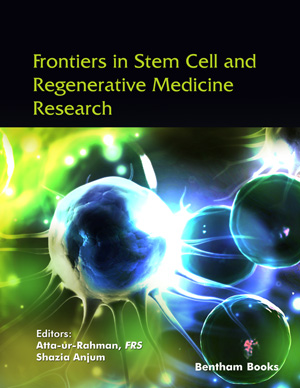Abstract
A small subpopulation of tumour cells, known as cancer stem cells (CSCs),
is the main culprit of tumour growth. They are capable of self-renewal, tumour
initiation, expansion, metastasis, therapy resistance and cancer relapse. Factors
associated with malignant properties of CSCs include decreased apoptotic insults,
enhanced activity of drug efflux pumps and capacity to induce DNA repair, expression
of detoxification enzymes and ability to become quiescent, i.e. phenotypic and
genotypic plasticity of CSC, etc. These extraordinary capabilities of CSCs contribute to
therapeutic resistance and cancer recurrence. Moreover, multiple factors including a
complex network of tumour stroma, epidermal microenvironment and different subcompartments
within the tumour stimulate CSCs plasticity-mediated tumour
progression. These factors along with the metabolic flexibility of CSCs help them to
become more aggressive, subsequently leading to tumour progression. Therefore, in
this chapter, we describe how CSCs are associated with the initiation and progression
of cancer. We also discuss the role of CSCs in therapy resistance with detailed
molecular mechanisms, all of which could help us in developing promising strategies to
benefit cancer treatment.
Keywords: Cancer initiation, Cancer progression, Cancer stem cells, CSC plasticity, Signalling pathways, Therapy resistance, Tumour microenvironment.






















